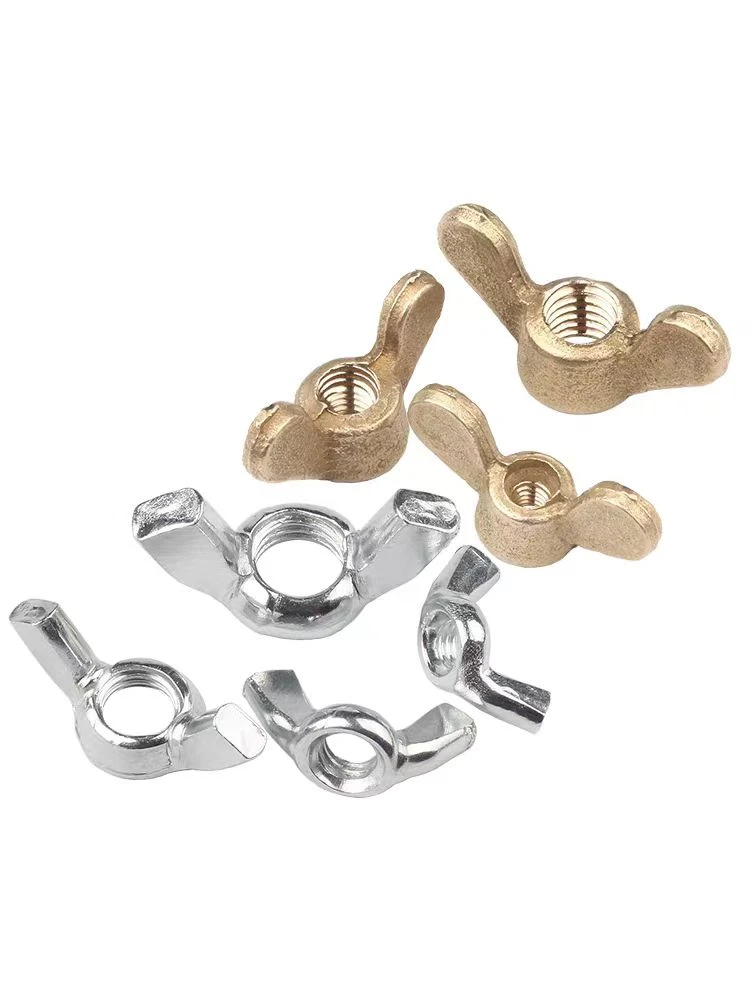

Self-Drilling Metal Screws for Steel Applications and Projects
11月 . 25, 2024 20:52 Back to list
Self-Drilling Metal Screws for Steel Applications and Projects
Self-Tapping Metal Screws for Steel A Comprehensive Overview
When it comes to fastening metal components, particularly in steel structures, self-tapping metal screws have emerged as a reliable solution. These screws are specifically designed to create their own holes in the material, eliminating the need for pre-drilling and making them an efficient choice for various applications.
Understanding Self-Tapping Screws
Self-tapping screws are a type of fastener that can cut their own threads as they are driven into a substrate. They feature a sharp point that both pierces the surface and allows the screw to tap a thread within the material. This not only streamlines the assembly process but also enhances the structural integrity of the joint formed between components.
Key Features of Self-Tapping Screws for Steel
1. Material Composition Self-tapping screws intended for steel are typically made from high-strength materials such as carbon steel or stainless steel. These materials provide the necessary strength and durability to withstand various environmental conditions and mechanical stress.
2. Coating Many self-tapping screws are coated to enhance corrosion resistance. Zinc plating is common for general applications, while specialized coatings like epoxy or ceramic may be used for environments that require extra protection against rust and deterioration.
3. Thread Design The thread design plays a crucial role in the performance of self-tapping screws. Screws with deeper threads provide better grip in thicker steel, while finer threads are suited for thinner materials. Some screws are designed with unique thread patterns to improve their ability to tap into harder or more brittle metal.
self tapping metal screws for steel

4. Point Type Self-tapping screws come with various point types, including sharp points for metal-to-metal applications and blunt points for softer materials. The choice of point depends on the application and the thickness of the steel being joined.
Applications
Self-tapping metal screws are widely used in various industries, including construction, automotive, and manufacturing. They are commonly employed for
- Structural Steel Assemblies Self-tapping screws can efficiently fasten beams, columns, and other structural components, providing strong and reliable joints. - Sheet Metal Fabrication They are invaluable in the fabrication of sheet metal products, allowing for quick assembly without the need for extensive tools. - Mechanical Assemblies In automotive and machinery applications, self-tapping screws are used to attach components securely, ensuring they remain together under vibration and load stress.
Advantages
One of the primary advantages of self-tapping metal screws is their ease of use. The ability to drive screws directly into steel without pre-drilling saves time and labor costs. Moreover, their design minimizes the risk of stripping the material, which can be a concern with traditional screws requiring pre-drilled holes.
Conclusion
In summary, self-tapping metal screws for steel are a pivotal component in modern manufacturing and construction processes. Their unique design, coupled with high-strength materials and specialized coatings, makes them ideal for a wide array of applications. As industries continue to evolve, the demand for efficient and reliable fastening solutions like self-tapping screws will undoubtedly increase, ensuring they remain a staple in the toolbox of professionals worldwide. Whether you are assembling metal structures or fabricating components, understanding the benefits and uses of self-tapping screws can greatly enhance the efficiency and durability of your projects.
Latest news
-
Premium Fasteners Manufacturer | AI-Driven Solutions
NewsAug.01,2025
-
Hot Dip Galvanized Bolts - Hebei Longze | High Strength, Corrosion Resistance
NewsAug.01,2025
-
High-Strength Hot Dip Galvanized Bolts - LongZe | Corrosion Resistance, Custom Sizes
NewsAug.01,2025
-
Best Self Tapping Screws for Drywall - Fast & Secure Installation
NewsJul.31,2025
-
High-Strength Hot Dip Galvanized Bolts-Hebei Longze|Corrosion Resistance&Customization
NewsJul.31,2025
-
Hot Dip Galvanized Bolts-Hebei Longze Metal Products|Corrosion Resistance&High Strength
NewsJul.31,2025

